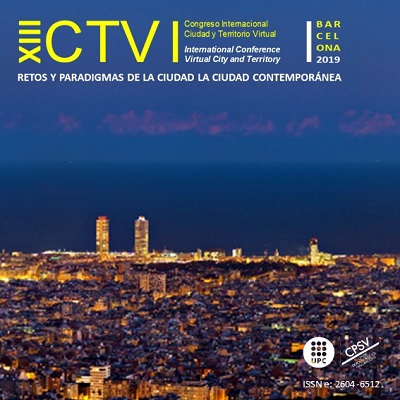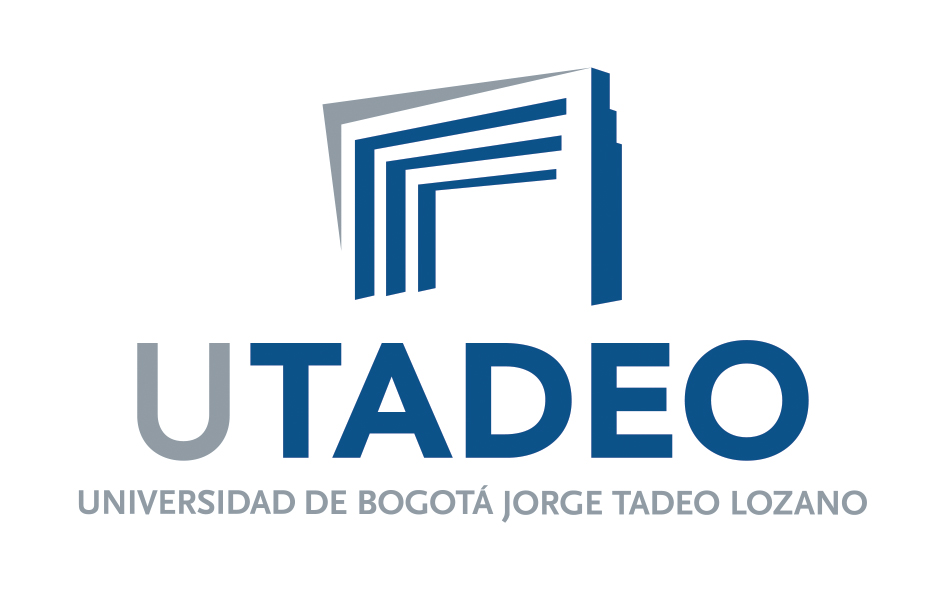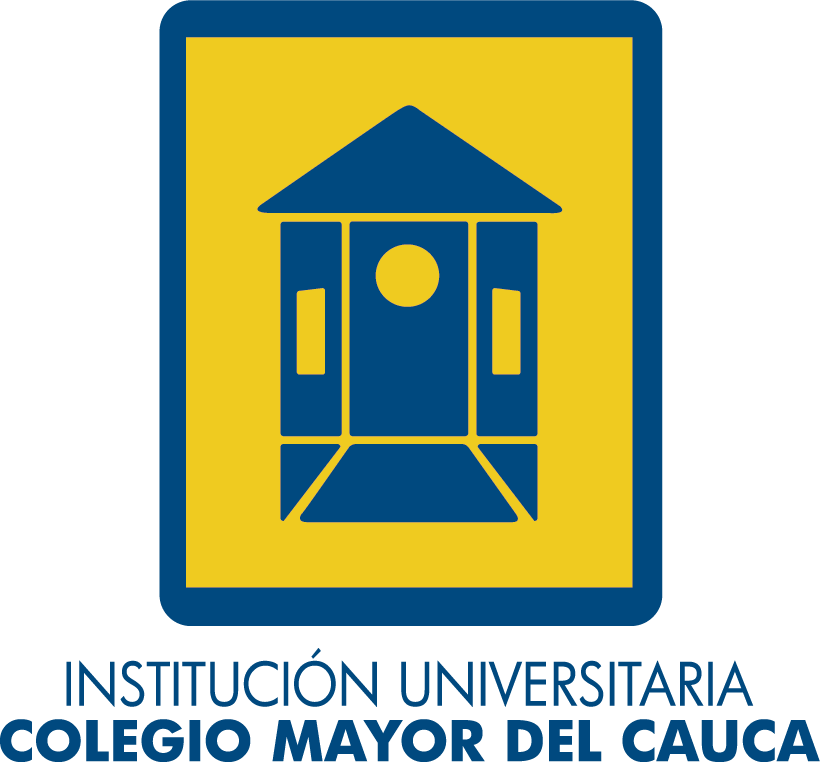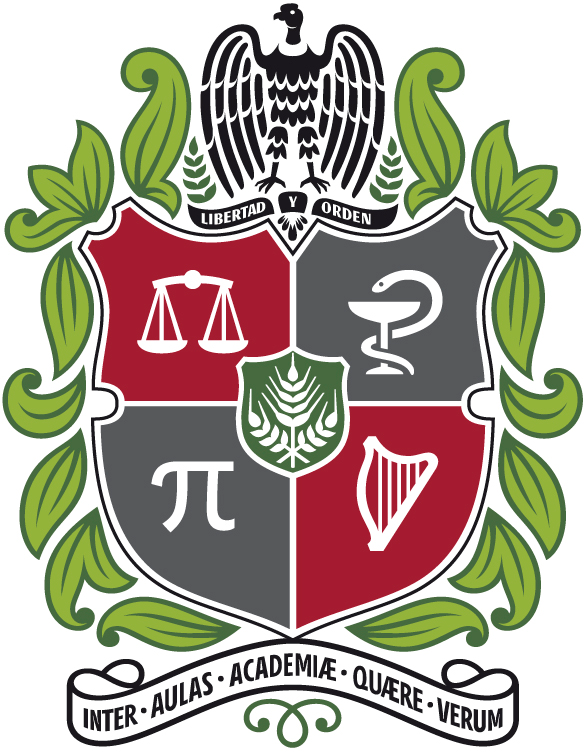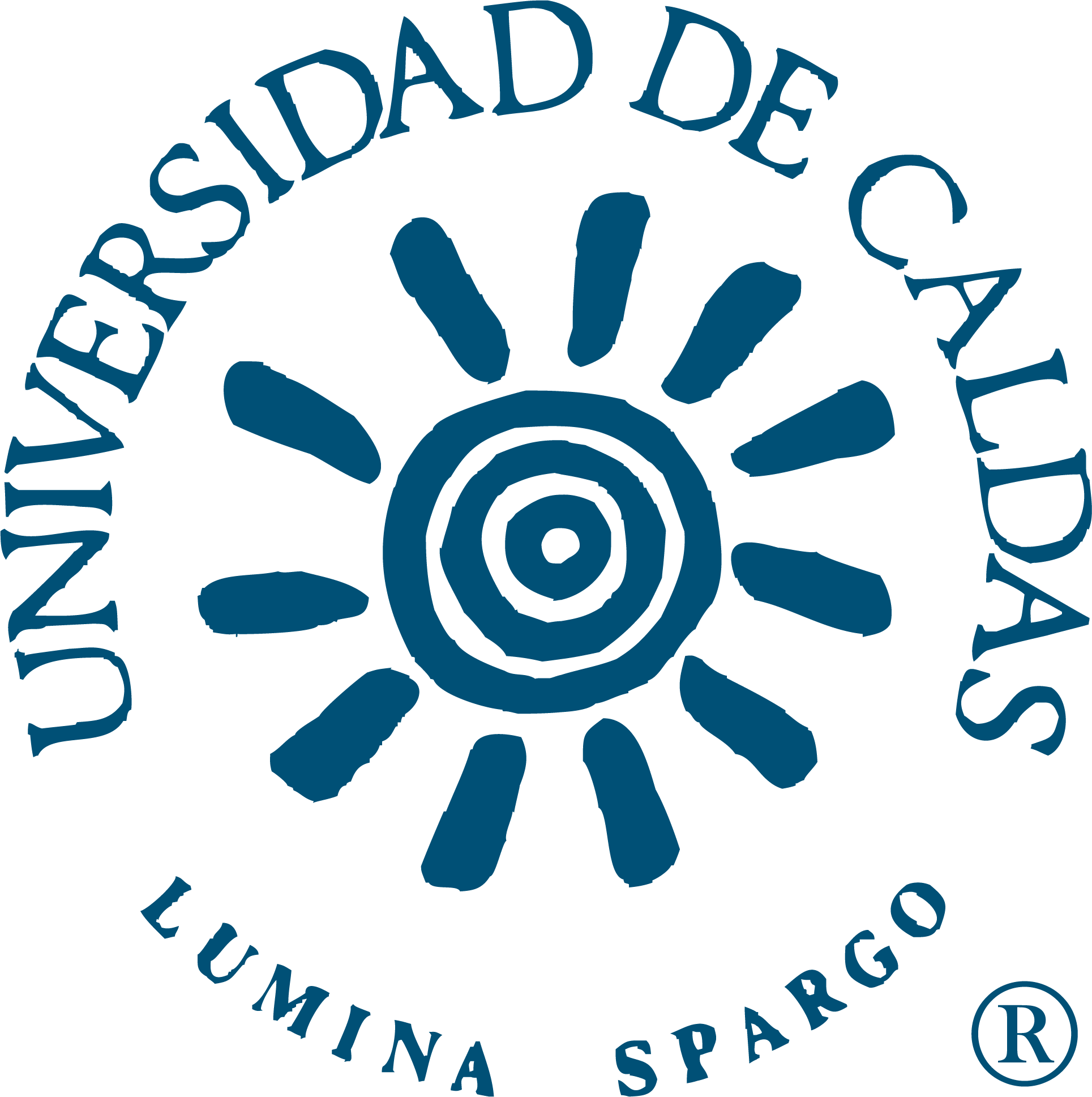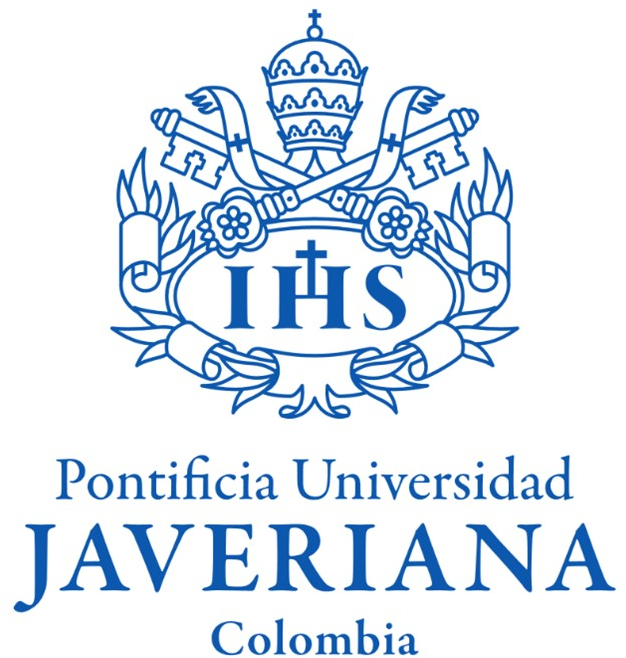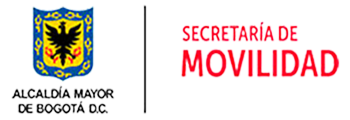Cognitive urban planning model for a prototype of collaborative housing access and urban planning
DOI:
https://doi.org/10.5821/ctv.8514Keywords:
Collaborative Urban Planning, Housing, Software Prototype Design, Cognitive CitiesAbstract
Considering the current housing situation, the weak participation in urban planning processes and the stagnation of the construction sector in Ecuador, the main objective of the Interuniversity Research Project “Cognitive Urban Planning” is the development of social web application that promotes collaborative urbanism within the framework of cognitive cities. This document seeks to establish the urban functional requirements (RFU) of the cognitive urban planning model (MPUC) for the development of a real-time collective work software prototype that allows access to housing and collaborative urbanism, as driving practices for a renewed urban planning in the Ecuadorian cities of Quito and Portoviejo. The research methodology is developed in five moments: i) Epistemological synthesis of the results of the systematic literature review (SLR); ii) review of a partial cognitive urban planning model; iii) conceptual design of the collaborative system for accessing to housing and urban planning (SCAVU); iv) collection and analysis of information in Quito and Portoviejo; and v) development of use cases for the definition of the RFU in the construction of the prototype. Potential users of the application provided the data during workshops with public institutions and unions, and through surveys conducted in community spaces in the two cities mentioned before. The RFUs that describe the functions for the software prototype assumed the findings of the analysis of the collected information. This evidenced that the proposed use cases, linked to the RFU, allowed the project’s cognitive architecture team to advance with the intelligent requirements of the MPUC, by elaborating the first prototype samples supported by cognitive algorithms design.


